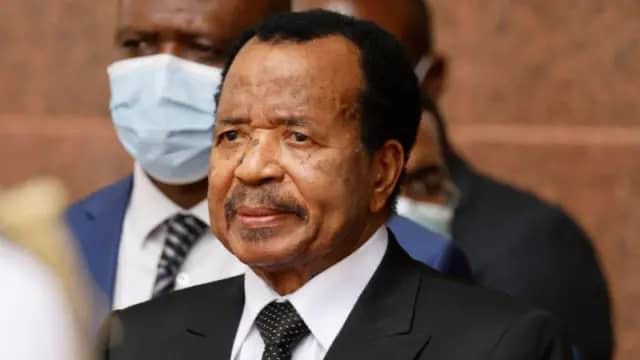International Correspondent
Cameroon’s government has banned media reports on President Paul Biya’s health, citing national security concerns and the need to maintain tranquility among citizens.
The 91-year-old president, who has been in office for over four decades, hasn’t been seen publicly since attending a China-Africa forum in Beijing on September 8.
Despite officials claiming Biya is in good health and on a private stay in Geneva, Switzerland, rumors about his well-being have sparked concerns. Interior Minister Paul Atanga Nji has warned that offenders will face severe consequences for discussing the president’s health, instructing regional governors to establish units to enforce this ban on private media outlets and social media.
Many journalists view this ban as an infringement on press freedom, fearing it will impact their reporting and put them at risk. Cameroon has a history of targeting journalists, with Anglophone separatists kidnapping them and the government arresting and detaining media professionals.
The Committee to Protect Journalists (CPJ) has urged the Cameroonian government to lift these restrictions, emphasizing that the president’s health is a matter of public interest. They suggest that arranging a public appearance by Biya would help put the rumors to rest.
Key Concerns:
- Press Freedom: Journalists face restrictions and potential consequences for reporting on Biya’s health.
- National Security: The government cites national security concerns to justify the ban.
- Public Interest: The president’s health is considered a public interest issue.
- Journalist Safety: Cameroon’s history of targeting journalists raises concerns about their safety.
As the speculation surrounding Biya’s well-being continues, Cameroonians eagerly await his promised return to the country.
Zim GBC News©2024


